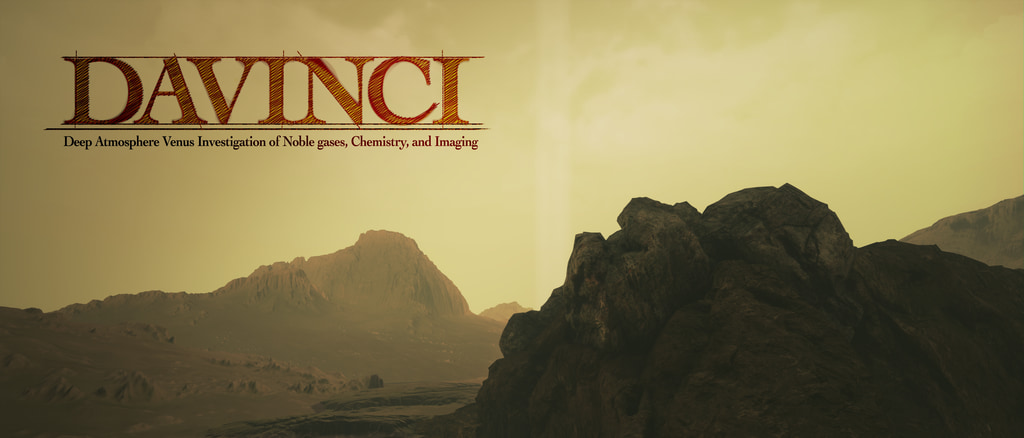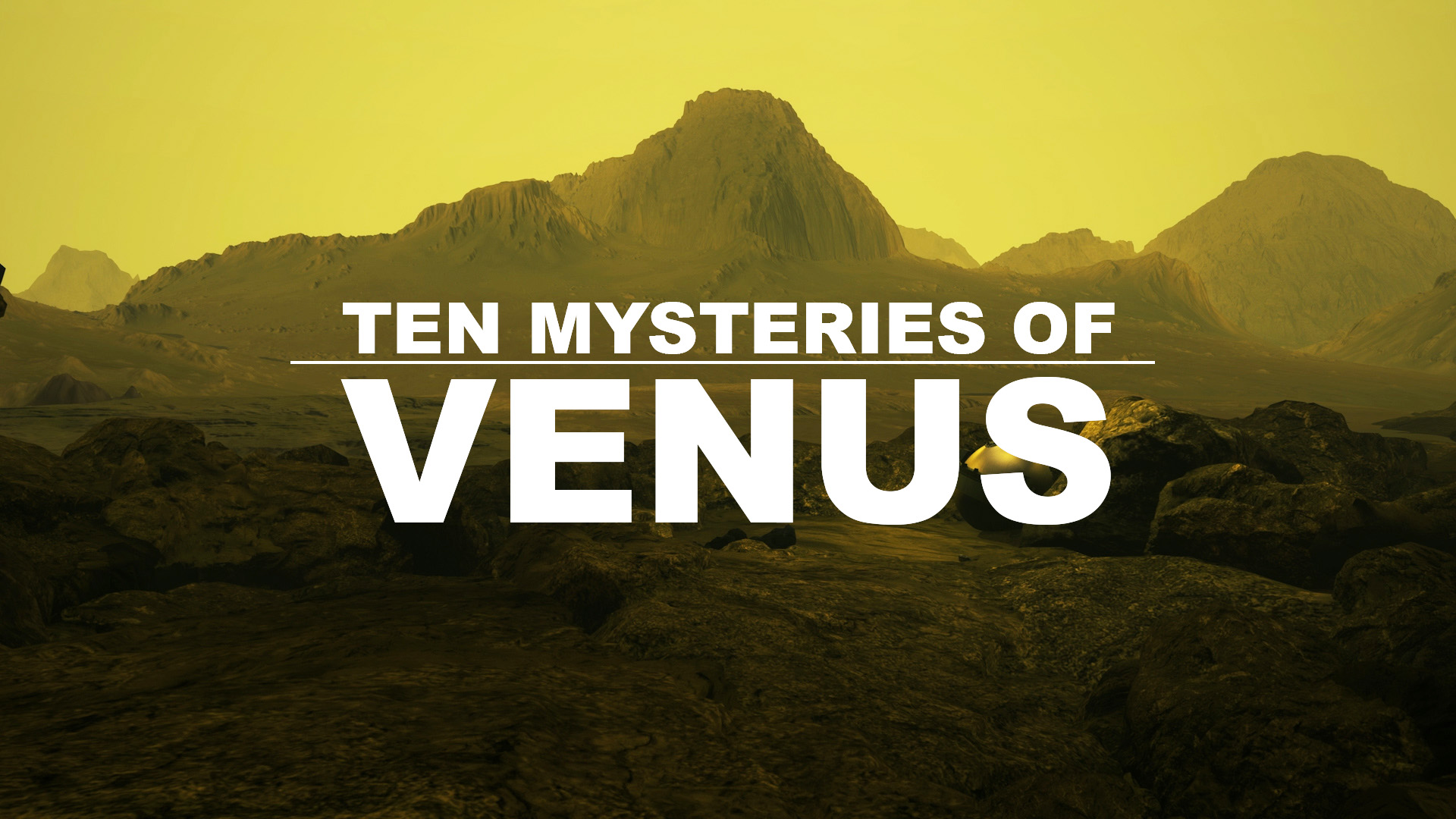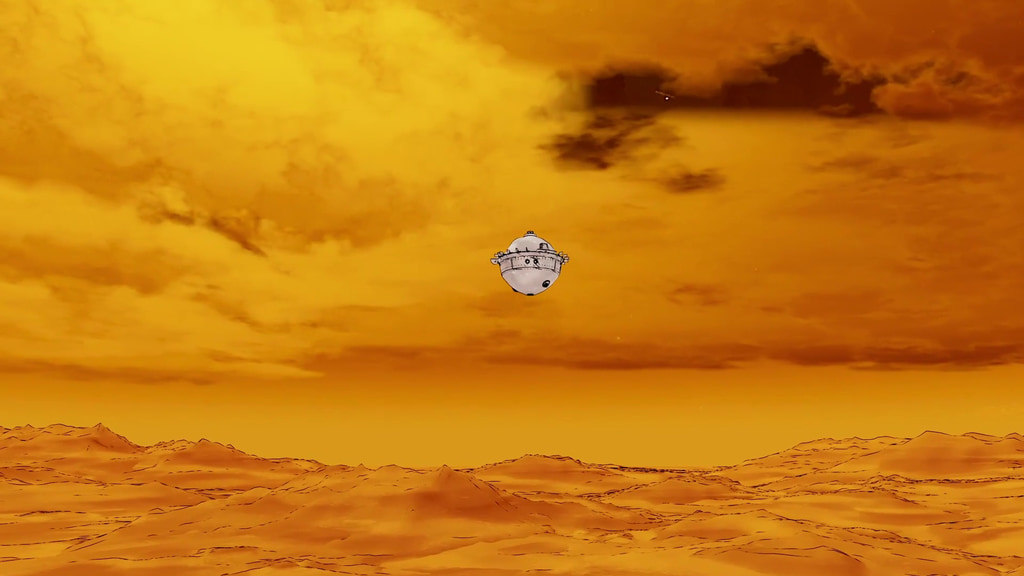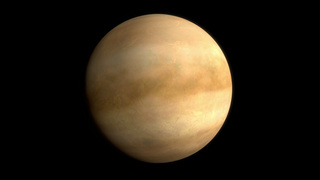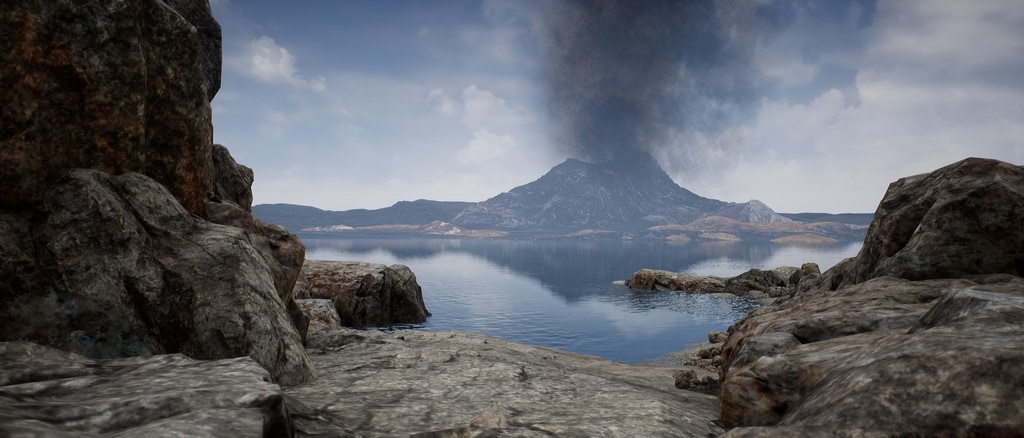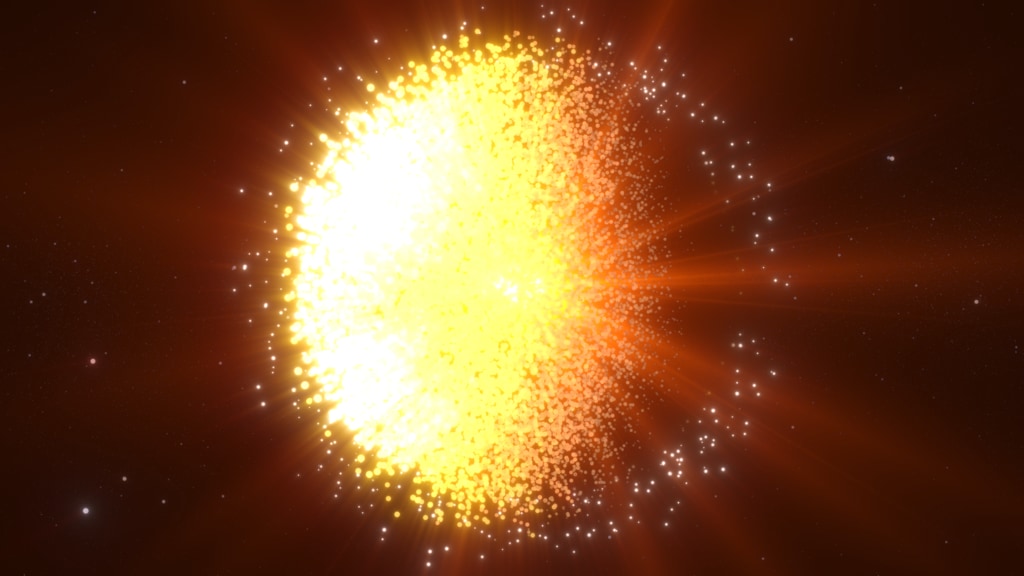Skywatchers Delight! Venus Will Dazzle In The Night Sky Next Weekend! NASA’s Upcoming DAVINCI Mission Will Take The Plunge into Venus’s Hellish Atmosphere Live Shots

Quick link to EDITED BROLL for the live shots
Quick link to pre-recorded interview with DR. JIM GARVIN / DAVINCI Principal Investigator
Additional still images of Venus from NASA's Magellan and Mariner missions. Credit: NASA/JPL
Learn more about VENUS here!!
Quick link to pre-recorded interview with MATT GARRISON
Quick link to pre-recorded interview with DR LINDSAY HAYS
Shine bright like a diamond! You may have noticed a bright looking “star” in the night sky just after dusk recently. Well, it’s not a “star”, but rather Venus, Earth’s sister planet. Next weekend, on June 4, Venus will be at its highest point in the sky, leading to a spectacular evening of viewing.
Today Venus is the hottest planet in the solar system. It’s a hellish world with surface temperatures hot enough to melt lead, but billions of years ago it may have looked similar to Earth with liquid water oceans and perhaps a steamy atmosphere. How Venus turned into this toxic world remains a mystery. NASA’s upcoming mission to the planet, DAVINCI, will help find answers. DAVINCI will plunge through Venus’s thick, toxic atmosphere collecting unprecedented detail and information about the planet as it parachutes through the thick clouds and lands in an ancient region. Who knows what fabulous mysteries of our sister planet remain on the surface of Venus!
Click here for more information about Venus and DAVINCI: https://solarsystem.nasa.gov/planets/venus/overview/ and https://ssed.gsfc.nasa.gov/davinci/
Live interviews are available Friday, June. 2 from 6:00 a.m.- 1:00 p.m. EST
Click here to request an interview: https://forms.gle/jBJv4fDZKDqwZ5ax8
* Requests sent via the above form will have scheduling priority. Please do not email requests.
Suggested Anchor Intro:
This weekend is a great time to go outside and enjoy the views of our nearest planetary neighbor. Venus will be at its highest point in the night sky, giving us dazzling views of our sister planet. It’s a fascinating world - similar in size and terrain to Earth - but also vastly different. The future of Venus exploration is nearly upon us with NASA’s upcoming DAVINCI mission. Here to tell us more about this exciting new era is NASA expert….
Suggested Questions:
This weekend is a great time to go outside and catch Venus sparkling in the evening sky. How can we spot our planetary neighbor?
Venus is often called “Earth’s twin” given its similar size and rocky landscapes, but it is a very different world than our own. Can you tell us more about this mysterious world?
What are NASA’s plans to explore Venus in the coming years?
What about the DAVINCI mission are you most excited about?
Getting to any planet is difficult, but Venus is especially hard given its extreme temperatures and pressure. How do you build something that can survive in a place like this?
Where can we go to learn more about Venus and this exciting mission, and all of NASA’s plans for returning to Venus?
Questions for longer interviews
How does Venus help us understand planets orbiting other stars?
Why must we “take the plunge” to measure how Venus' atmosphere and climate operate?
Venus is a cautionary tale of what can happen when you have runaway greenhouse gasses that feed the cycle of planetary warming. How can these new missions help us better understand Earth?
Recent studies indicate that Venus may still have active volcanoes! What does this tell you about Venus?
Do you have feedback for the Live Shot Program or want to be removed from our contact list? We would love to hear from you HERE!
Cut b-roll for the Venus live shots. Graphics are separated by a slate with the associated question. No audio
Pre recorded interview with Dr. Jim Garvin / DAVINCI Principal Investigator
Dr. Garvin is also NASA Goddard's Chief Scientist
Click here for a link to his BIO
Soundbites are separated by slates with the associated question. Full transcript is available under the download options. TRT 7:16
Pre recorded interview with Matt Garrison / Payload Systems Engineer. TRT 3:05. SOTS are separated by slates with the associated question. A full transcript is available under the download button
Pre-recorded interview with Dr. Lindsay Hays / DAVINCI Program Scientist. TRT 5:11. Soundbites are separated by slate with the associated question. Full transcript is available under the download button
For More Information
See the following sources:
Credits
Please give credit for this item to:
NASA's Goddard Space Flight Center
-
Producers
- Michelle Handleman (KBR Wyle Services, LLC)
- Michael Starobin (KBR Wyle Services, LLC)
- Christina Brooke Mitchell (KBR Wyle Services, LLC)
- Angel Kumari (NASA/GSFC)
-
Technical support
- Aaron E. Lepsch (ADNET Systems, Inc.)
-
Editor
- Michael Randazzo (Advocates in Manpower Management, Inc.)
-
Scientist
- James Garvin (NASA, Chief Scientist Goddard)
Series
This page can be found in the following series:Release date
This page was originally published on Tuesday, May 30, 2023.
This page was last updated on Friday, June 2, 2023 at 12:08 PM EDT.
